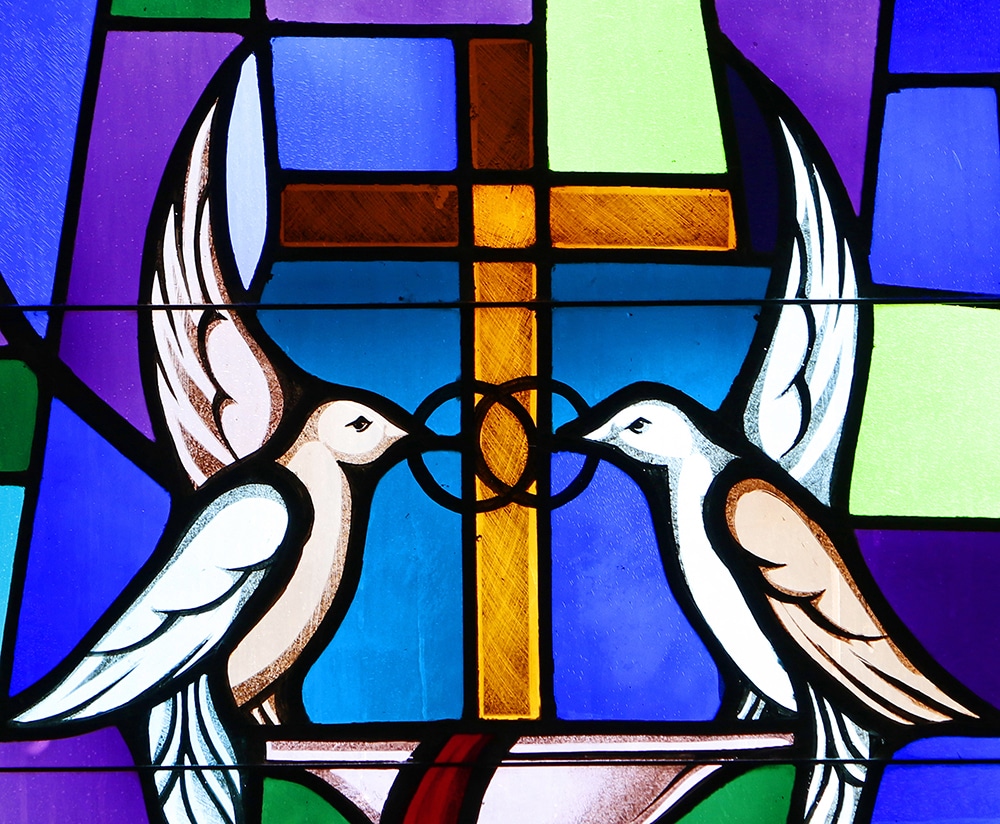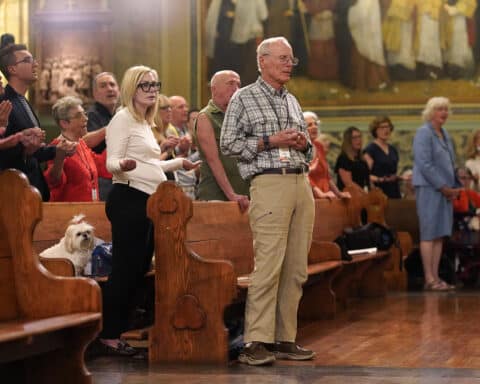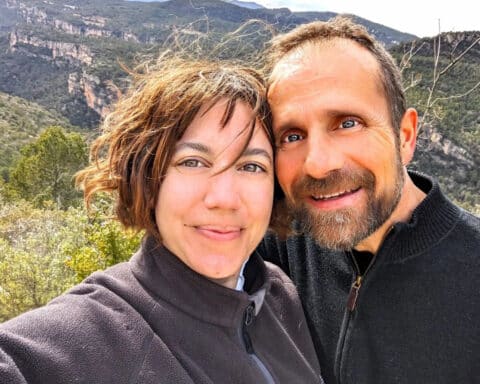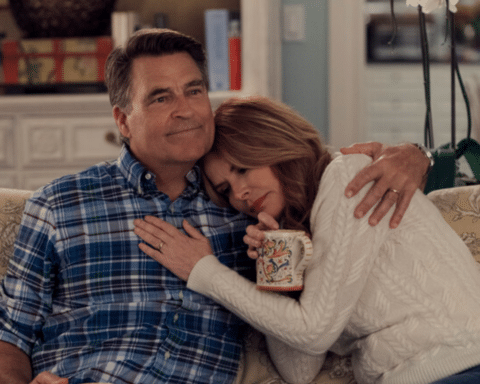
Some will hear of my answer and charge me with an unwillingness to change, or with heartlessness, or with a wish to deny people their “rights.” I pray that I shall never be heartless, and I would never withhold from anyone their legitimate rights.
What about change? We may and must change some things, but we can never change, no matter our wishes, the fact of what human beings are. From this fact, genuine rights proceed.
So what are human beings? How does the answer affect the question about same-gender marriage and same-gender intimacy?
The old Baltimore Catechism, which some remember, said that “God made us.” Before this creation, we simply did not exist. “Why did God make us?” The catechism taught that God made us to know, love and serve him in this life and to be happy with him in the next.
Written for very young children, just beginning their formal education, the catechism used simple, direct, short, declarative sentences, but its lesson was deeply profound and exact.
God created us for a purpose. How do we know this purpose? We know, first of all, by realizing what we are. God created us as human beings, with a human nature common to all, wherever we are, whenever we live, whatever may be our own peculiar circumstances.
As human beings, we possess bodies as well as souls. The processes of our bodies do not essentially differ among people. Basically, all human beings grow and eventually decline. All need nourishment. All need air and water. All are subject to disease. All die.
All have the emotional ability to love, even heroically. All are inclined to relate, very personally and perhaps exclusively, with others. At least potentially, all can procreate new life, but only in personal conjunction with another human of the opposite gender.
Here is where the ancient Christian concept of marriage enters the picture. Marriage, honored by the Church as a sacrament within which true believers can pursue the purpose for which God created them, is about human beings. It exists to enable and enhance the human inclination to love unselfishly and without qualification.
Casual intimacy, and polygamy, detour perfectly unselfish love. As we are humans, with human bodies capable of uniting with others in creating new life, marriage also is about procreation, the natural consequence of such relationships.
Practically speaking, this is where arguments arise. Less than a century ago, all major Christian denominations, not just the Catholic Church, taught that any effort to frustrate or interrupt procreation upset the essence of marriage.
This reality, of course, changed. Artificial birth control today is not only accepted but expected by many people and denominations.
The Catholic Church still maintains that procreation is a power within each human being, unless amended by some other force, such as illness or age, and since we are created by God and are meant to be with God, procreation must occur in a loving relationship, in marriage. It is all about our nature, about what we are.
Pope St. Paul VI addressed this thought in his 1968 encyclical Humanae Vitae, reaffirming the ancient Catholic belief that marriage integrally involves bringing new life into the world.
What specifically about “gay” marriage? After all the justified appeals for kindness toward others, and realizing that the civil laws in this country and in many other countries now see same-gender marriage as a “right,” the Catholic Church still supports traditional marriage, because marriage is part of a much, much larger equation about what we are — and about why God created us.
Msgr. Owen F. Campion is OSV’s chaplain.





